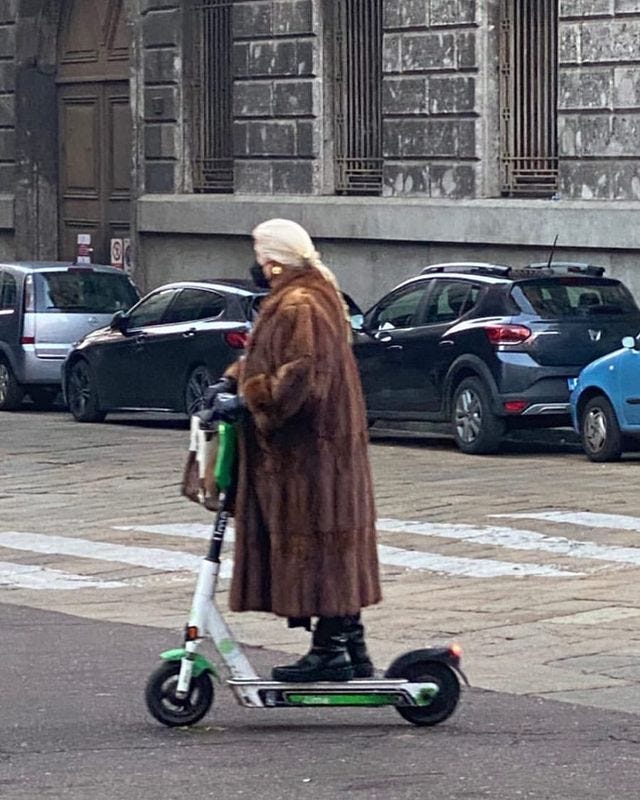Beethoven is not relaxing, Stravinsky sucks and other surprising science findings on classical music.
new to classical music and intrigued? let me de-intrigue you immediately.
1) Beethoven is not relaxing.
Spotify is truly a bad platform for the classical music lover. I mean, a bad platform for everything and everybody in general, yes, but I don’t care; let me enjoy it until the day it finally goes bankrupt. Anyway, the research algorithm will inevitably recommend horrible albums such as “Relaxing Beethoven” or “Soft Classical Music for Sleeping” or “Calming Classics”.
Relaxing means “reducing tension or anxiety”, but Beethoven actually creates tension, anxiety, and even existential dread. Piano is severe and sharp. If some classical music pieces make you sleepy, it’s not because it’s relaxing but because it sucks—and in this regard:
2) Stravinsky sucks.
I am so sorry to break the news to you in this straightforward manner, but it’s true. I’ve listened to Stravinsky’s work live too many times. It’s treated like a pickle in sandwiches, being added to a lot of incredible programs for reasons that are completely beyond my understanding. Unlike pickles though, it brings no fancy flavor and it’s so bore-inducing to the point of being infuriating. I nearly fell asleep at a Firebird performance. A quick Spotify research reveals no Stravinsky for sleep though—only an album with piano pieces by various artists from Rachmaninoff to Einaudi (gosh) and wrongly credited to him as the sole author. The internet can be such a scary place sometimes.
Anyway, here is a non-relaxing piano for not sleeping playlist for you in case you need it.
3) Classical music audience are often misconceived.
When people imagine the typical classical music lover, they picture a well-dressed uptight chic woman in her late 60s. In reality, the classical music listener fauna is mostly comprised of scruffed middle-aged pale but magenta people, old people falling asleep in the first five rows of the stalls within the first 15 minutes, young kids probably playing some instrument themselves, and nondescript people in nondescript attires. From this, we derive:
4) Appropriate classical music concert attire (where I will proceed to actually describe the aforementioned non-descriptive attires, because words don't mean anything whatsoever to me as i am just an immigrant who is always trying to use complex inappropriate words learnt via persistent flash card usage)
Audiences who are not habitués will tend to show up to a classical music concert dressed up, as if they were at a La Scala premiere in Milan or on a tram in central Milan. (So many vintage furs on public transport in Milan!)
The reality is, the dress code is scruffy at best and non-descriptive at worst. All the musicians in the orchestra, the conductor, and above all Yuja Wang will always be the best dressed of the evening. You as an audience are just in the shadow. The dress code is pilled wool sweaters with demodé patterns in preferably warm hues, black turtlenecks and overused jackets, horrible checkered shirts in some bright or pastel color, and anything from the outerwear section of Uniqlo. To accessorize: a walking cane, perhaps with a bird head. And that's it, you're good to go. No wait, actually you're not good to go yet. Here are three more tips for you.
– We are all uncultured here, but please don't be a philistine and risk enraging Evgeny Kissin: only clap at the end of all the movements of the played piece.
– Don't take videos or photos while performers are playing. There is a special circle of hell for this kind of senseless behavior.
– Stop leaving straight after the music is over without clapping. It's not the closing titles at the cinema. It's more like you went to grandma to eat lasagna, ate it all, and left without saying thank you. What is with you guys? Have you got a Tesco delivery coming in 10 minutes? Have you just realized your slow-cooking stew is still on the fire cooking? Have you despised the whole thing and want nothing else to do with it? Have you got blisters in your palms? Have you suddenly remembered we are all going to die soon and become claustrophobic? Poor grandma, shame on you.
Ps: OK, fine, it wasn't science baked, unlike those silly New York Times bestsellers that are usually debunked at the very time of their publishing. and then what? Give us a break with your sanctimonious scientism, go listen to Sam Harris podcast instead1. bye.
Or perhaps go listen to “If books could kill”.







